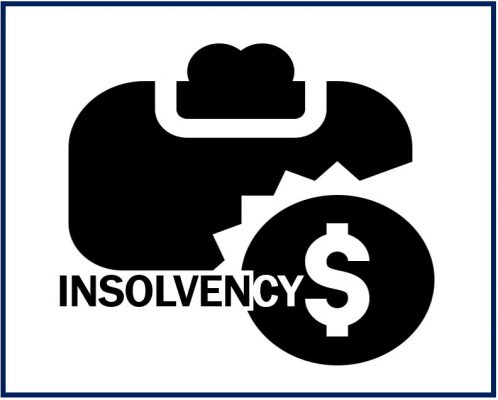Insolvency Practitioners are specialists in the undertaking of insolvency appointments, serving as authorised officers of the court. The role of the insolvency practitioner is subject to intense scrutiny and regulation by the Joint Insolvency Examination Board (JIEB) meaning that all qualified practitioners are experts in the field.

Their work is further monitored by a variety of regulatory boards, including the Solicitors Regulation Authority, the Insolvency Practitioners Association, and the Institute of Chartered Accountants in England & Wales.
What purpose do they serve?
An insolvency practitioner’s purpose is to intervene in cases where bad debts occur, whether on the scale of an individual, company or partnership. Their role is to minimise the negative effects of insolvency, acting as arbitrators between stakeholders, creditors and companies.
This often means redistributing company assets according to the most accurate interpretation of legislation and prior legal agreements, although it can also take other forms. Other forms might include restructuring the company, if the insolvency practitioner thinks it highly likely that, with assistance, the company can continue trading in a profitable manner.
How much does the service cost?
There are two primary pay structures for insolvency practitioners: fixed fee and hourly. For work of an advisory nature, with a fixed scope that doesn’t look likely to scale, work will generally be carried out for a fixed fee. For further assistance with the insolvency procedure itself, work will generally be carried out based on an hourly rate.
How much this costs will vary significantly case by case, depending on how much work needs to be carried out and on the practitioner’s hourly rate. The size of the company and the complexity of credit arrangements will both have a big impact on how long the process takes, and thus how much it costs.
Insolvency practitioner powers
Depending on how the engagement and insolvency process is structured, insolvency practitioners have a wide variety of powers. These include, but are not limited to:
- The power to sell or otherwise liquidate the assets of the insolvent party.
- The power to, through the courts, compel any third parties to provide relevant information on the insolvent party’s dealings.
- The power to make dividend payments to creditors.
What to look for in an insolvency practitioner
First and foremost, you need to make sure that the insolvency practitioner you choose is licensed by the relevant authorities. There are those who offer advice as debt specialists, but without the appropriate training, their advice could be at best redundant, at worst incredibly harmful to your situation.
Once you’ve ascertained whether the practitioner you’ve found is qualified to help you, it’s down to how good a service they provide. Look at past testimonials to try to gauge this, and see if you get along with their professional demeanour.
They should be clearly communicative, and after a first assessment session (that’s often free,) they should set out their predicted fees for your case in an engagement letter.
Interesting Related Article: “How can an insolvency practitioner help my struggling business?“

